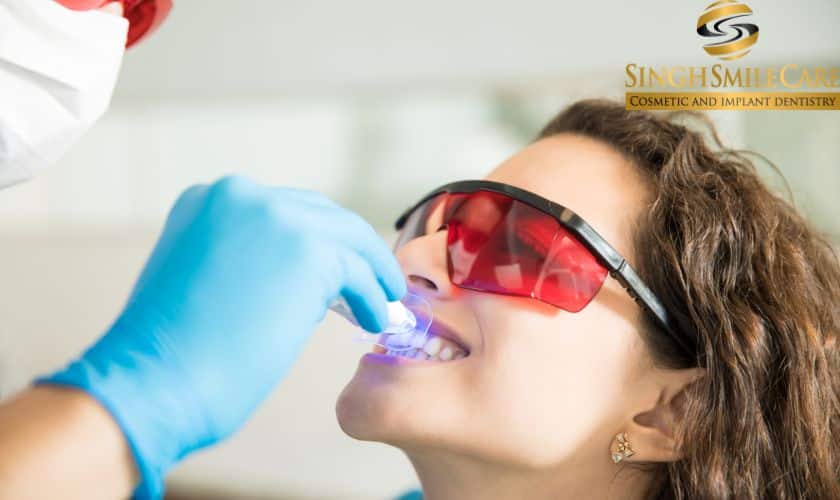
When Is Teeth Whitening Needed: Just A Cosmetic Concern?
Are you tired of hiding your yellow teeth every time you smile? While it’s common for teeth to be less than sparkling white, sometimes the discoloration can indicate a more significant issue. Yellow teeth aren’t always just a cosmetic concern – they could be a sign of underlying dental problems that require professional attention. In this blog post, we’ll explore when teeth whitening is needed and what types of procedures are available to get your pearly whites shining again!
The Dental Causes Of Yellow Teeth
There are a variety of dental causes for yellow teeth, some of which may not be resolved through traditional teeth whitening procedures. One common cause is age – as we get older, the tooth enamel thins and exposes more of the yellow-hued dentin underneath.
Other causes include genetics, certain medications such as tetracycline or chemotherapy drugs, excessive fluoride exposure during childhood, and poor oral hygiene habits. Smoking and consuming dark-colored foods and drinks like coffee and red wine can also contribute to discoloration.
In addition to these factors, underlying dental issues such as cavities or gum disease can also lead to yellowing teeth. Cavities weaken the tooth structure and allow bacteria to accumulate within the tooth itself, often resulting in a grayish-yellow appearance.
Gum disease can also impact the color of your teeth by causing inflammation that leads to the recession of the gums away from the roots of your teeth. This exposes more surface area beneath your enamel where stains can stick easily.
If you have yellowing teeth but aren’t sure why it’s happening or how best to treat it given its specific cause(s), it’s important to seek advice from an experienced dentist who will work with you on identifying what needs addressing first before moving forward with treatment options.
When To Seek Professional Help With Teeth Whitening
If you’ve been struggling with yellow teeth, you may be wondering when it’s time to seek professional help for teeth whitening. While there are plenty of over-the-counter options available, they may not always provide the results you’re looking for.
One key factor in determining whether or not to seek professional help is the cause of your yellowing teeth. If your discoloration is due to factors such as poor dental hygiene or lifestyle habits like smoking or drinking coffee, then at-home remedies may suffice. However, if your tooth discoloration is caused by more serious conditions such as enamel erosion or medication side effects, seeking professional help from a dentist would be advisable.
Another consideration to make when deciding whether to seek professional teeth whitening services is the severity of your tooth discoloration. Mild cases can usually be treated with at-home products while more severe cases will likely require the intervention of a dental professional.
Ultimately, deciding on whether or not to seek out teeth whitening services should be based on individual needs and preferences. Consultation with a dental expert can offer guidance and insight into what course of action best suits your unique situation.
Types Of Teeth Whitening Procedures
There are different types of teeth whitening procedures available, depending on your needs and budget. The most common types include in-office whitening, at-home whitening trays, over-the-counter (OTC) products like strips and gels, and natural remedies.
In-office teeth whitening is the quickest but also the most expensive option. This procedure involves applying a high-concentration bleaching gel to the teeth while protecting the gums with a barrier. A specialized light or laser may be used to activate the gel and accelerate the process.
At-home whitening trays provide similar results as in-office treatments but take longer since they use lower concentrations of bleach. These custom-fitted trays are worn for an hour or more per day for several weeks.
OTC products like strips and gels are convenient and affordable options that can provide visible results after one or two uses. However, these products tend to have lower concentrations of bleach than professional treatments, so it may take longer to achieve desired results.
Natural remedies such as oil pulling with coconut oil or brushing with baking soda are popular alternatives to traditional methods. While these options may help remove surface stains, they do not change tooth color significantly.
There is no one-size-fits-all solution when it comes to teeth whitening procedures. It’s important to consult with your dentist before choosing a method that suits your specific needs and preferences.
What To Expect During A Teeth Whitening Procedure
Teeth whitening is a popular cosmetic dental procedure that can help you achieve a brighter, more attractive smile. Before undergoing the treatment, it’s important to understand what to expect during the procedure.
The first step in teeth whitening is typically an examination by your dentist. This will involve checking for any underlying dental issues that could affect the success of the whitening treatment.
If your dentist determines that you’re a good candidate for teeth whitening, they’ll likely begin by cleaning your teeth to remove any surface stains or debris. This may involve using special tools or solutions to prepare your teeth for the whitening process.
There are several different types of teeth whitening procedures available, including in-office treatments and take-home kits. Your dentist will recommend the best option based on your specific needs and preferences.
During an in-office treatment, your dentist will apply a professional-grade bleaching solution directly to your teeth. They may use special lights or lasers to activate this solution and speed up the whitening process.
If you opt for a take-home kit, you’ll typically receive custom-fitted trays filled with a bleaching gel. You’ll wear these trays daily over several weeks until you achieve your desired level of whiteness.
While there may be some mild discomfort or sensitivity associated with tooth whitening procedures but most patients find them tolerable and well worth it for achieving their desired results!
Bottom Line
Yellow teeth can be caused by various factors including poor dental hygiene, consumption of certain foods and beverages, and underlying medical conditions. While some cases of yellow teeth can be treated with at-home remedies or over-the-counter products, others may require professional help from a dentist.
Teeth whitening procedures are safe and effective ways to enhance the appearance of your smile. However, it’s important to consult with a dental professional before undergoing any treatment to determine the cause of your yellow teeth and ensure that you receive the appropriate care.
Remember that maintaining good oral hygiene practices such as brushing twice daily, flossing regularly, and visiting your dentist for regular check-ups is crucial in preventing tooth discoloration. By doing so, not only will you have healthier teeth but also a brighter smile.




